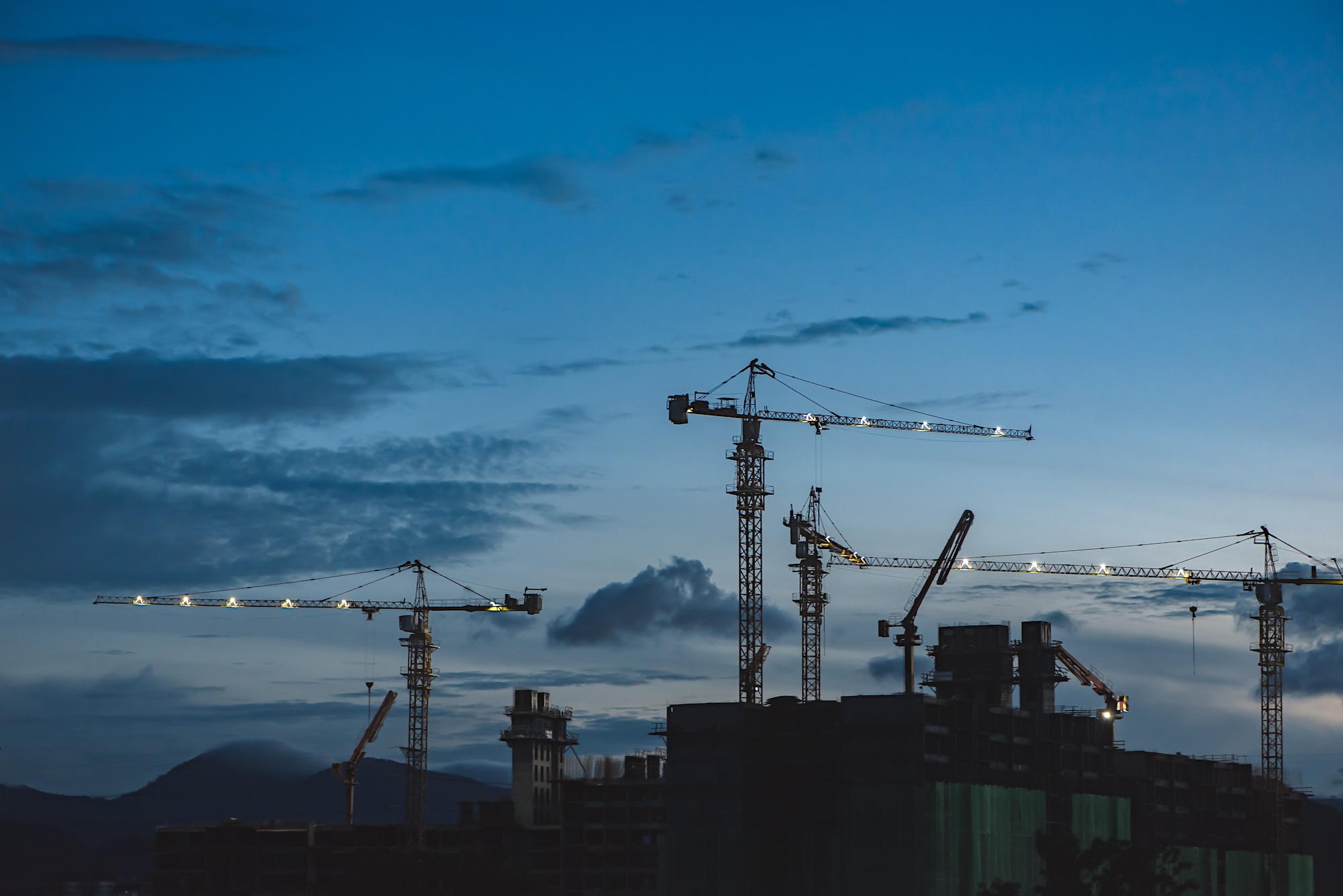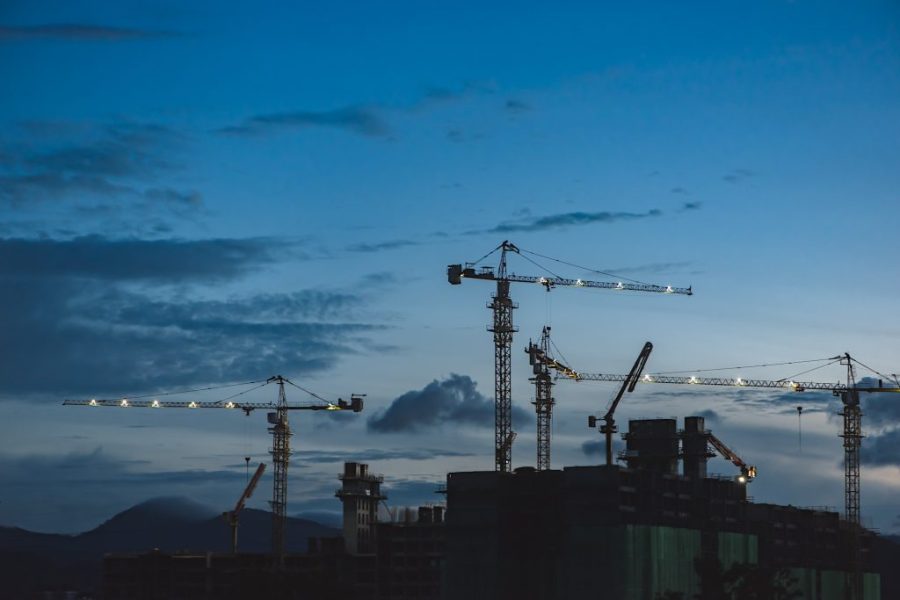The Angolan government signed a US$6 billion contract with CNCEC on Friday for the construction of the Lobito oil refinery, the culmination of more than a decade of work, reports Lusa.
State oil company Sonangol signed three contracts with three different entities involved in different aspects of the project: CNCEC (China National Chemical Engineering Co.) for engineering, procurement and construction of the new refinery; KBR for project construction supervision; and Luanda-based Dar Group for consultancy services for technical support.
Diamantino Azevedo, Angola’s minister for mineral resources, oil and gas, said the Lobito oil refinery is a strategic project for the country and the region. Other southern African countries are looking into becoming shareholders in the project, which will boast a processing capacity of 200,000 barrels per day once complete.
[See more: A memorandum of understanding has been signed for Angola’s Lobito oil refinery]
The project, initially valued at US$12 billion, began in 2012 with a four-year preparation phase (2012-16), followed by a three-year optimisation phase (2018-21). Work on the project will begin this year with the facility expected to be operational in 2026.
Azevedo has meanwhile instructed Sonangol to begin a feasibility study on the utilisation of the refinery’s by-products. Petrochemicals produced through the refining of petroleum and oil are found in everything from plastics to cosmetics to fertiliser.
He also encouraged Sonangol to take advantage of CNCEC’s experience building facilities for this industry “so that studies can be carried out into the economic viability of also installing the petrochemical component.”






